 During Women’s History Month, it is a good time to honor Winnie Breegle who served in World War II as a WAVE (Woman Accepted for Volunteer Emergency Service) cryptographer and a Navajo “Code Talker”, who didn’t happen to be a Navajo. Ms. Breegle passed away at the age of 100 on January 3, 2023.
During Women’s History Month, it is a good time to honor Winnie Breegle who served in World War II as a WAVE (Woman Accepted for Volunteer Emergency Service) cryptographer and a Navajo “Code Talker”, who didn’t happen to be a Navajo. Ms. Breegle passed away at the age of 100 on January 3, 2023.
In 1941, Winnie Breegle, a 21-year-old farm girl from Ohio taught Latin, Spanish, and English in high school, and women with such backgrounds were highly sought after for work as coders. When she enlisted in the Navy, she was trained as a cryptographer.

 During Women’s History Month, it seems a good time to remember
During Women’s History Month, it seems a good time to remember  CNN reports that the United Nations has released a plan to offload 1 million barrels of oil off FSO Safer, a floating oil storage and offloading vessel, that has been moored off the coast of Yemen for more than 30 years.
CNN reports that the United Nations has released a plan to offload 1 million barrels of oil off FSO Safer, a floating oil storage and offloading vessel, that has been moored off the coast of Yemen for more than 30 years.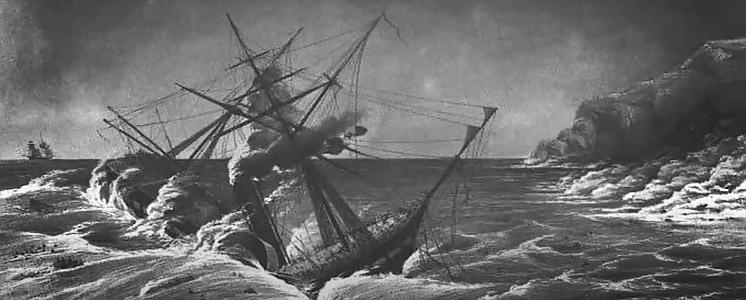 HMS Birkenhead was one of the first iron-hulled ships built for the Royal Navy. She was designed as a steam frigate, but was converted to a troopship before being commissioned in 1851.
HMS Birkenhead was one of the first iron-hulled ships built for the Royal Navy. She was designed as a steam frigate, but was converted to a troopship before being commissioned in 1851. In honor of both Women’s History Month and Black History Month, an updated repost about Gladys West.
In honor of both Women’s History Month and Black History Month, an updated repost about Gladys West.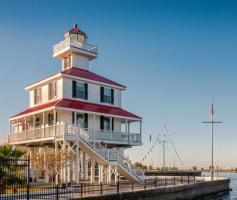
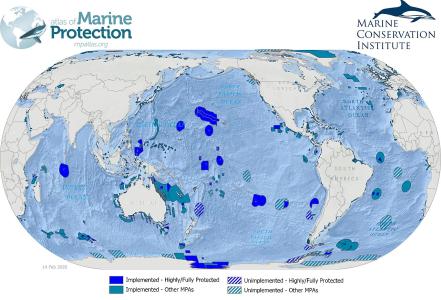

 In honor of both March’s Women’s History Month & February’s Black History Month, an updated repost about the barrier-shattering naval engineer
In honor of both March’s Women’s History Month & February’s Black History Month, an updated repost about the barrier-shattering naval engineer  During Women’s History Month, it is good to remember and to honor
During Women’s History Month, it is good to remember and to honor  I was stunned and saddened to read that shanty singer and folklorist
I was stunned and saddened to read that shanty singer and folklorist 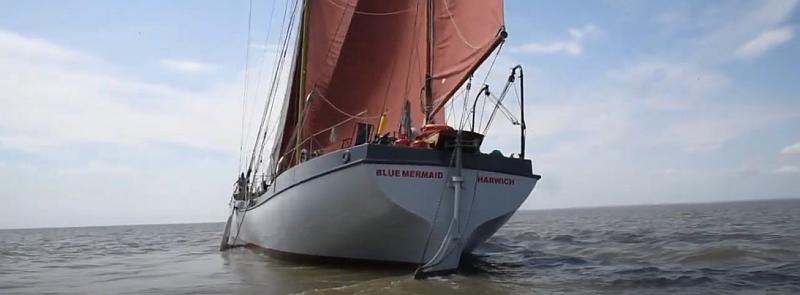 In 2019, we posted about
In 2019, we posted about 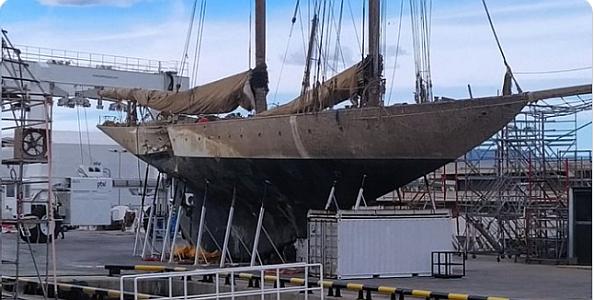 Sad news. The
Sad news. The 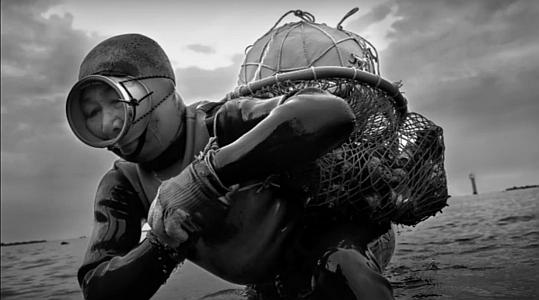 On the first day of Women’s History month, something a bit different.
On the first day of Women’s History month, something a bit different.